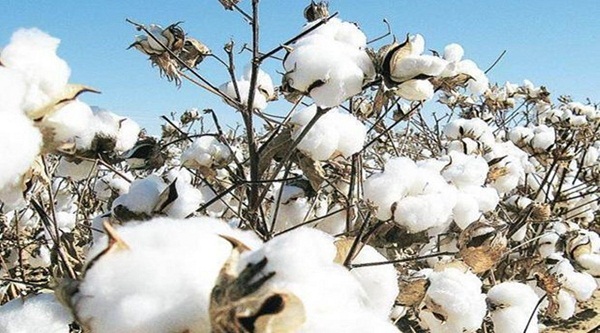
The price rise to Rs 100,000 for a single cotton candy is bleeding the entire textile chain with export demand dwindling and production curtailed at every level. The price rise is affecting not just small units but also big players. What’s more abolition of import duty on cotton has not provided any respite to the ailing sector.
Unable to to match retail rates with high cotton prices, retailers are seeking government invention to curb the reckless rise in India’s cotton prices. Chintan Thaker, President, Welspun Group points out, despite price rise, big companies like Welspun are being compelled to curtail production in order to fulfill long-term orders of international clients. The company’s units in Gujarat are currently running at 60 per cent capacity. They are likely to face further production cut if the situation prevails for long, Thaker warns.
Gujarat denim makers balance price rise with production cut
Similarly, not being able to balance raw material price hike with finished products, denim manufacturers in Gujarat have cut production by up to 50 per cent, notes Ashish Shah, Managing Director, Aarvee Denims and Exports. Most affected by the current inflation in cotton prices are spinning units whose cotton procurement has declined almost 50 per cent, claims Gautam Dhamsania, Secretary, Spinners Association of Gujarat (SAG). Of the 120 spinning mills currently operating in Gujarat, five-six have closed operations and another six have switched to manufacturing polyester and viscose yarns. The remaining are working with limited capacity.
Limit cotton stocks with traders
Saurin Parikh, President, SAG opines, future trading on commodity exchanges coupled with stock piling by a handful of MNCs is responsible for the current unrealistic cotton price hike. He urged the government to limit cotton stocks with traders to curtail prices. Gujarat spinners mostly purchase the quantity of cotton for processing from Tamil Nadu. With weavers in Tamil Nadu reducing production by 50 per cent, processing job orders from Gujarat processors have also reduced says Naresh Sharma, President, Ahmedabad Textile Processors’ Association.
Demand for polyester and viscose-knitted yarns from Tamil Nadu has also been declining for the past fortnight, avers Dev Kishan Mangani, Former President, Surat Textile Traders Association (STTA).
Knitwear exporters in Tirupur have urged the government to address the problem immediately. The export cluster has observed strikes to attract the Centre’s attention and seek solutions for the crisis, says Raja M Shanmugham, President, Tirupur Exporters’ Association (TEA). The TEA has also sought financial assistance from leading banks to help garment manufacturers. The association has also sought more liquidity from the government through schemes like ECLGS and additional credit facilities of around 10-20 per cent of existing limit for MSMEs.
Workers’ livelihoods under threat
Experts point out, the price rise in knitwear sector will threaten the livelihood of thousands of workers employed in these units. Knitwear exporters in India are also facing a hike in freight charges due to the Russia-Ukraine war. These factors are likely to prevent exporters from fulfilling over 40 per cent of current export orders, Shanmugham laments. Tirupur-based exporters have urged yarn suppliers to revoke prices and help them deliver summer orders by May-end.












